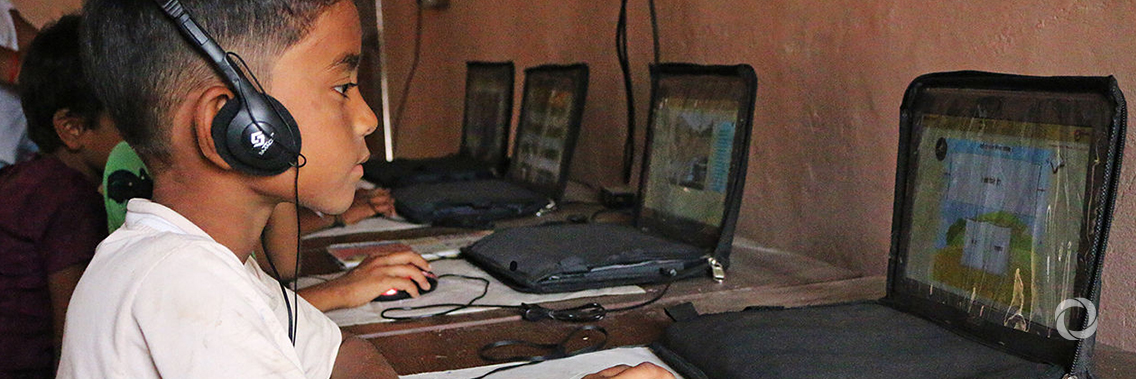UK aid is joining forces with British universities, researchers and education experts from around the world to create the largest ever education technology research and innovation project.
More than 380 million children worldwide will finish primary schools without being able to read or do basic maths.
One of the major challenges for education technology in parts of Africa and Asia is that while governments and schools buy hardware such as laptops and tablets, there are not many opportunities for teachers to learn how to use the technology to support children’s learning, the technology is not in the right language or schools can’t maintain or replace the technology.
The new UK aid supported Education Technology (EdTech) hub is bringing together British universities, research companies and education experts to help children, teachers and governments in developing countries get up to speed with the new technology in their classrooms.
The Department for International Development (DFID) is working with the World Bank on the EdTech hub, which aims to create the largest global body of research that looks at how education technology is being used and how this can be improved.
“Educational technology can transform how children learn, but in many developing countries it is often only available in the wrong language or schools do not have the right tools to keep their software in working order. That’s why UK aid is supporting the creation of the EdTech hub to help millions more children receive the quality education they deserve and reach their full potential,” said Minister for Africa Harriett Baldwin.
The EdTech hub, which will run for eight years, is made up of the University of Cambridge, the Overseas Development Institute, Results for Development, Brink, Jigsaw, Open Development and Education, INJINI, Afrilabs, e-Learning Africa and BRAC.
Original source: DFID
Published on 18 June 2019

